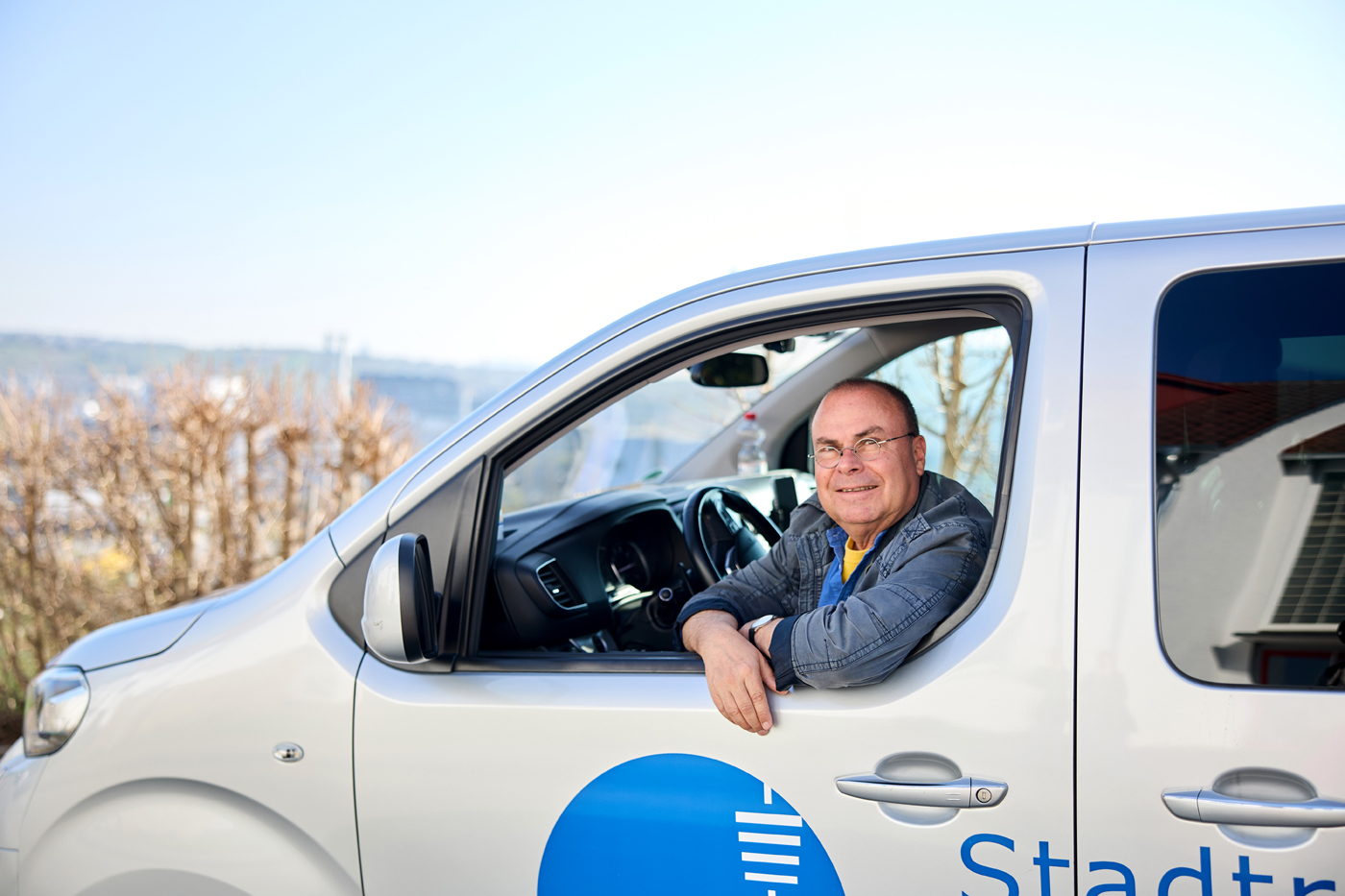Exploring the complexities of sustainability in the tourism industry and the importance of accessibility.
Sustainability has become a buzzword in recent years, especially in industries such as tourism that heavily rely on transportation and individual experiences. As someone working in this field, I often find myself reflecting on the sustainability of my own practices and how they align with the broader goals of eco-friendliness and inclusivity.
One of the main challenges I face is my mode of transportation. Driving guests around while conducting tours seems contrary to the principles of sustainability that many of us strive for. Cars are notoriously seen as a major contributor to carbon emissions. However, the situation needs a deeper look. Each time I drive, I can accommodate up to seven guests in my vehicle, sharing the journey and cost. For a total of only €250, this arrangement makes leisurely tourism quite affordable for individuals seeking new experiences.
But affordability isn’t the only concern; accessibility is also a critical component of my work. I am deeply committed to helping those with disabilities, ensuring that the tours I provide are inclusive and supportive. My vehicle is equipped to accommodate wheelchairs and assist those who may not find it easy to walk. This aspect of my service resonates with the heart of my mission: to make tourism accessible for all.
Nevertheless, I often grapple with the question of how to balance these competing priorities. Can I justify the environmental impact of my driving by focusing on accessibility and affordability? This thought leads us to a broader discussion about sustainability in tourism. Are there innovative ways we can rethink our transportation and accommodation methods to lessen our ecological footprint while also supporting the diverse needs of our clientele?
Many in the industry are exploring alternatives, such as electric vehicles, or integrating public transport options into their tours. These strategies provide promising paths towards reducing our environmental impact, but they also require significant investment and commitment to change.
Additionally, being part of this dialogue about sustainability helps influence the habits of future travelers. By promoting environmentally friendly practices and accessibility initiatives, we not only enhance our services but also inspire customers to engage with these values long after they leave our tours.
In conclusion, the interplay of sustainability and accessibility in tourism will remain a fundamental question for all of us involved in this industry. My personal story illustrates that while driving guests is not the most sustainable option, the commitment to accommodating everyone, especially those with disabilities, is an essential step towards a more inclusive and thoughtful tourism experience. It’s time to ask ourselves: How can we mitigate our environmental impact while serving the diverse needs of our communities?

